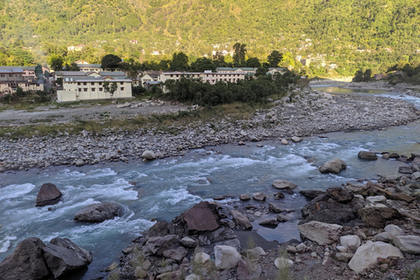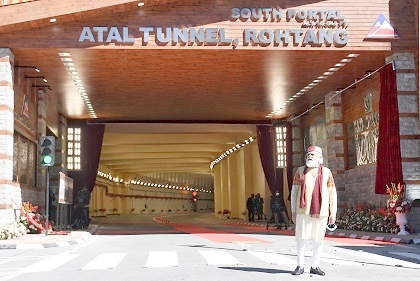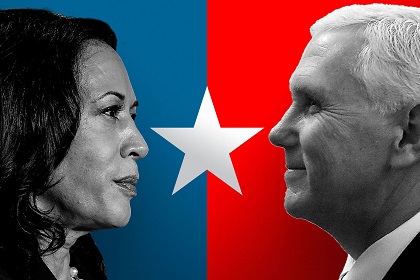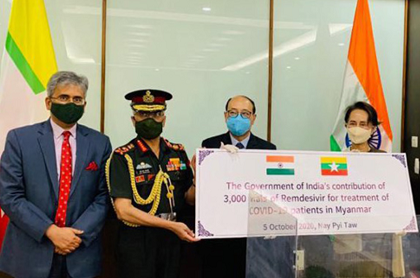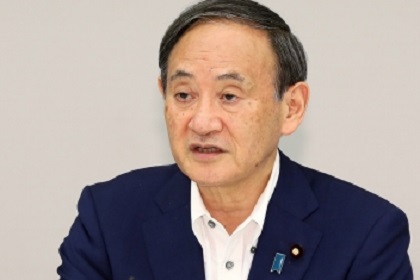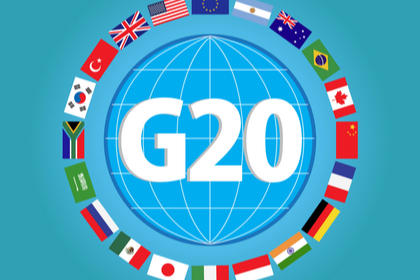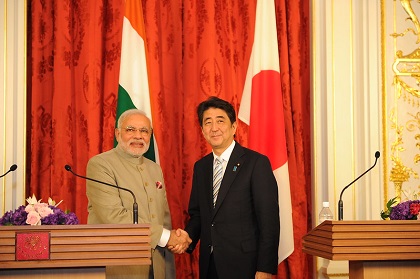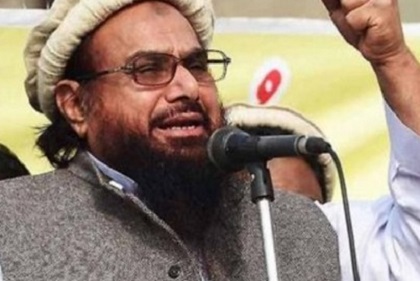Riparian Governance in South Asia
The record of regional cooperation on rivers since India's independence in 1947 is one of several successes, with some contestations. In contrast to the past when governments strove to divide and share river waters, the endeavor has now shifted to thinking about comprehensive river basin development which makes the process even more complex. India’s policy on transboundary river governance must now also be aware of the increasing importance of Indo-Pacific in the global geopolitics.

